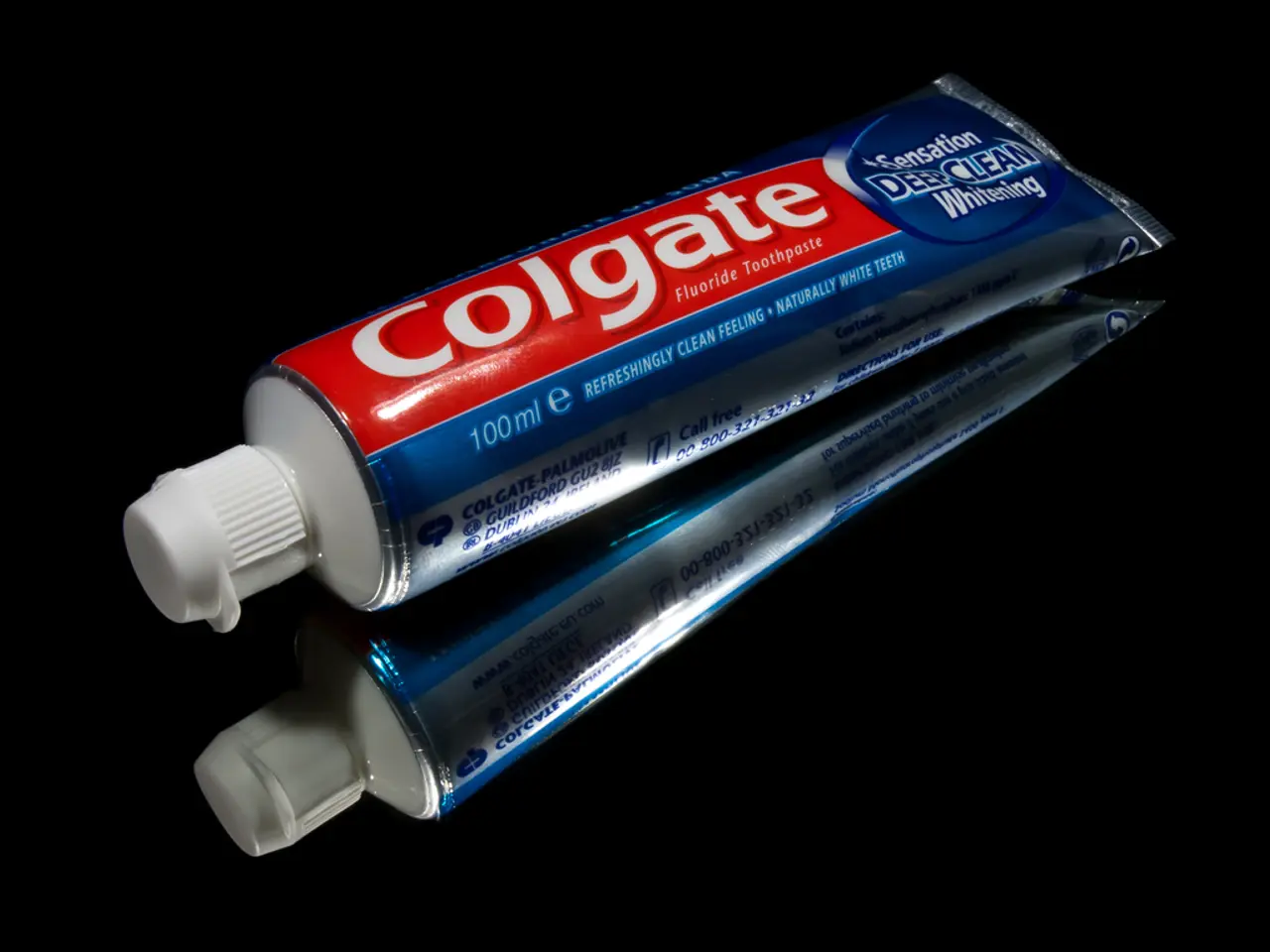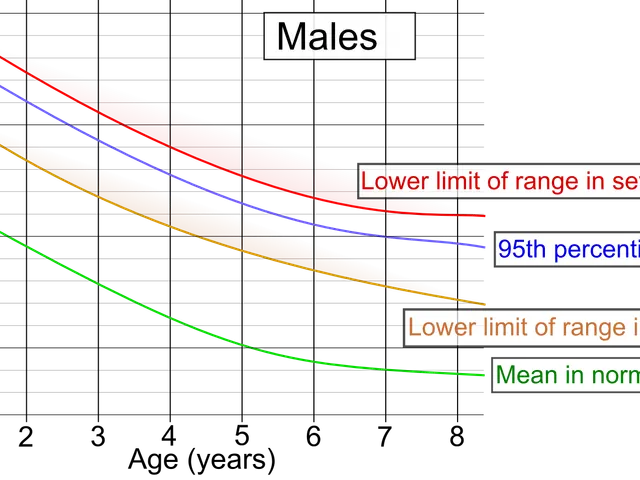Researchers claim that toothpaste produced from human hair is more effective than fluoride-based toothpaste, according to recent statements.
New Study Unveils Promise of Keratin Toothpaste in Dental Care
A groundbreaking study, published in the prestigious journal Advanced Healthcare Materials, has revealed that keratin, a protein found naturally in hair, skin, and wool, could revolutionize the dental industry. The study, led by Sara Gamea, a graduate student at King's College London, suggests that keratin toothpaste could potentially repair lost tooth enamel and seal exposed nerves, reversing the symptoms of enamel erosion [1][2][3].
When keratin comes into contact with saliva, it forms a protective coating that mimics natural enamel. Over time, this coating continues to attract calcium and phosphate ions, leading to the growth of an enamel-like coating on teeth. This process makes keratin toothpaste more effective than conventional fluoride-based toothpastes in protecting teeth [2][4].
The study demonstrates that keratin creates a dense mineral coating closely mimicking natural enamel, growing harder and more durable than traditional resin treatments. This innovation eliminates the need for toxic plastics used in current restorative dentistry [1][3][4]. The keratin scaffold attracts calcium and phosphate ions over time, gradually building a protective layer that can reverse early decay, seal dentinal tubules, and offer symptomatic relief [1][2].
Sara Gamea stated that keratin offers a transformative alternative to current dental treatments. She adds, "Biotechnology allows us to not just treat symptoms but restore biological function using the body's own materials" [5]. Sherif Elsharkawy, the study's lead author and consultant in prosthodontics at King's College London, echoes this sentiment, saying, "This approach is both sustainable—using biological waste materials like discarded hair and wool—and regenerative—actively repairing enamel rather than merely protecting it" [1].
The use of keratin toothpaste is a significant milestone in the field of regenerative dentistry. With further development and the right industry partnerships, we may soon be growing stronger, healthier smiles from something as simple as a haircut [6]. The treatment mimics the natural tooth color, making it aesthetically favorable compared to existing dental restorations [1][5].
The researchers estimate that keratin-based toothpaste could hit the market in the next two to three years, providing an eco-friendly and regenerative solution for oral care [2][4]. This discovery could herald a new era in dental care, offering a sustainable, regenerative dental treatment with the potential to structurally repair tooth enamel, stop decay progression, and reduce sensitivity [1][2][3][4].
- Advances in science and technology have led to the development of AI algorithms that can analyze nutritional content in foods, promoting healthy diets and wellness.
- In the realm of health and wellness, AI is being integrated into therapies and treatments, aiding in personalized nutrition plans and disease management.
- As we move towards a more sustainable future, AI could play a crucial role in environmental conservation, helping monitor and manage pollution levels and preventing further environmental degradation.
- The potential applications of AI extend beyond dental care, with the possibility of its integration into various industries, including health care, environmental sciences, and technology, fostering a more harmonious and regenerative future for all.






